
Oschiena is one of the oldest farmsteads in the northern Italian Province of Vercelli in Piedmont. It belonged to the Abbey of St. Stephen of Vercelli from the 13th through the 18th centuries. The buildings themselves bear witness to a past which should not be forgotten; workers' quarters, children's school, herdsmen's lodgings where butter and milk were sold, and the home of the permanent workers known as "sciavande" who collectively owned the gardens. There was also an inn, a shop and a rural church which became important points of congregation.
The farmhouse has become a historical archive, a memory, and with respect we have preserved it as such. Knowledge of the past culture helps us to understand contemporary reality and safeguard a promising future.
Living in this territory we have met people who had lived in our farmhouse during the period described above and we have gathered testimonies and life stories. Some paddy-weeders and former salariedworkers have come to see the place where they used to live and work and they told us emotional stories ofhow daily life was organised on the farmstead as they reminisced about their younger days.
All the inhabitants contributed to life on the farmstead, each with their own activity: the paddy weeders, diggers, carters, riders, saddlers, blacksmiths, carpenters and joiners. The weeding operations began in early June and continued until mid-July. The traditional hand broadcast sowing method was accompanied by the transplant technique in the 1930s, and this continued until the end of the 1950s.
From the nurseries, which were set up in April, the young plants were transferred to the rice fields in June. Transplanting was still more tiring than paddy-weeding.
All the preparatory work for sowing and the subsequent harvest was carried out only with manual labour and draught animals.
Today it can be surprising to think how important horses were in all the cultivation operations: from the transportation of the young plants to be transplanted in the rice fields to the sun-drying of the sheaves in the farmyard.

After the second world war, the arrival of the wheeled tractor marked the end of the use of animals in rice fields: barns and stables suddenly emptied, changing the agricultural landscape forever.
Mechanization had an irreversible impact on the social structure of farmstead life: nobody was needed to take care of the working animals, smiths were no longer required to shoe cattle or horses, while joiners were no longer needed to build carts.Riders and saddlers were also left unemployed.
We have to remember that up until the 1950s rice was transported in sacks on carts.
A multitude of activities connected to everyday aspects of rice production disappeared leaving a highly skilled workforce redundant.
The ability to make one’s job one’s life and an expression of oneself was lost: transport carts which were masterpieces of solidity and aesthetics, the most humble of doors and gates, like those of stables, carved and expertly finished, locks and padlocks all made with the finest attention to detail.
It was the end of an era of great sacrifices and of enormous hardship where the scarcity of things was endless.
It has a certain effect when one notices, in rare photographs of the time, how some of the inhabitants went barefoot.
Less than a century has passed since then. An era of traditions, values and a sense of community.
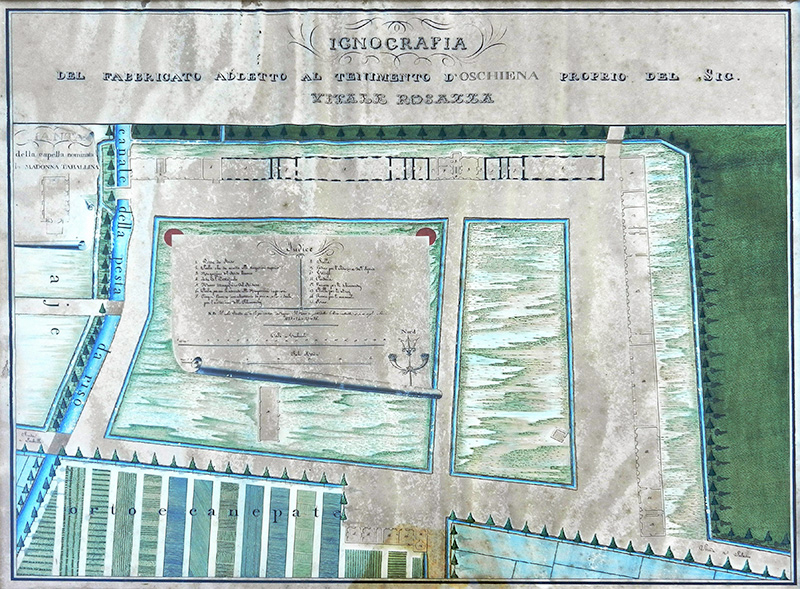
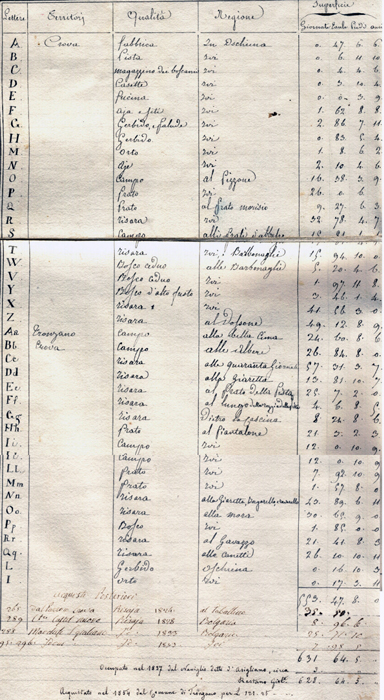
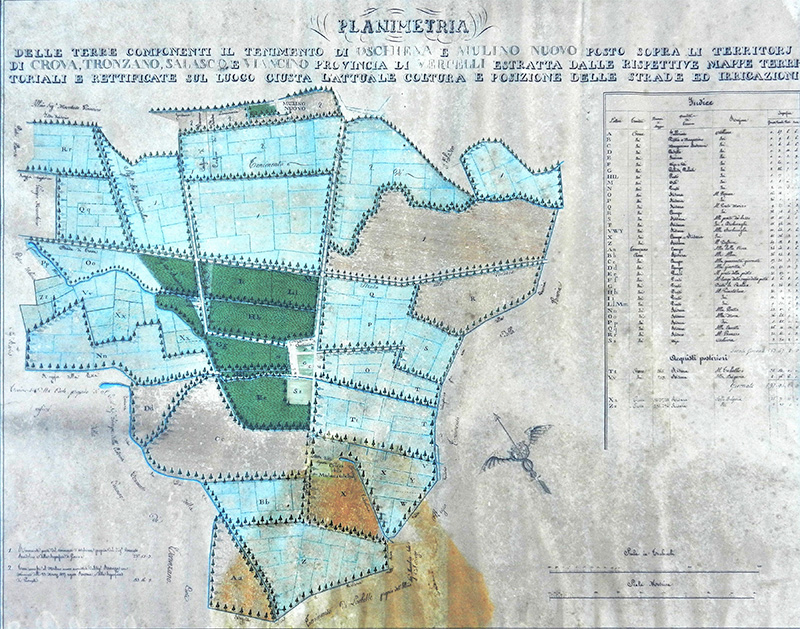
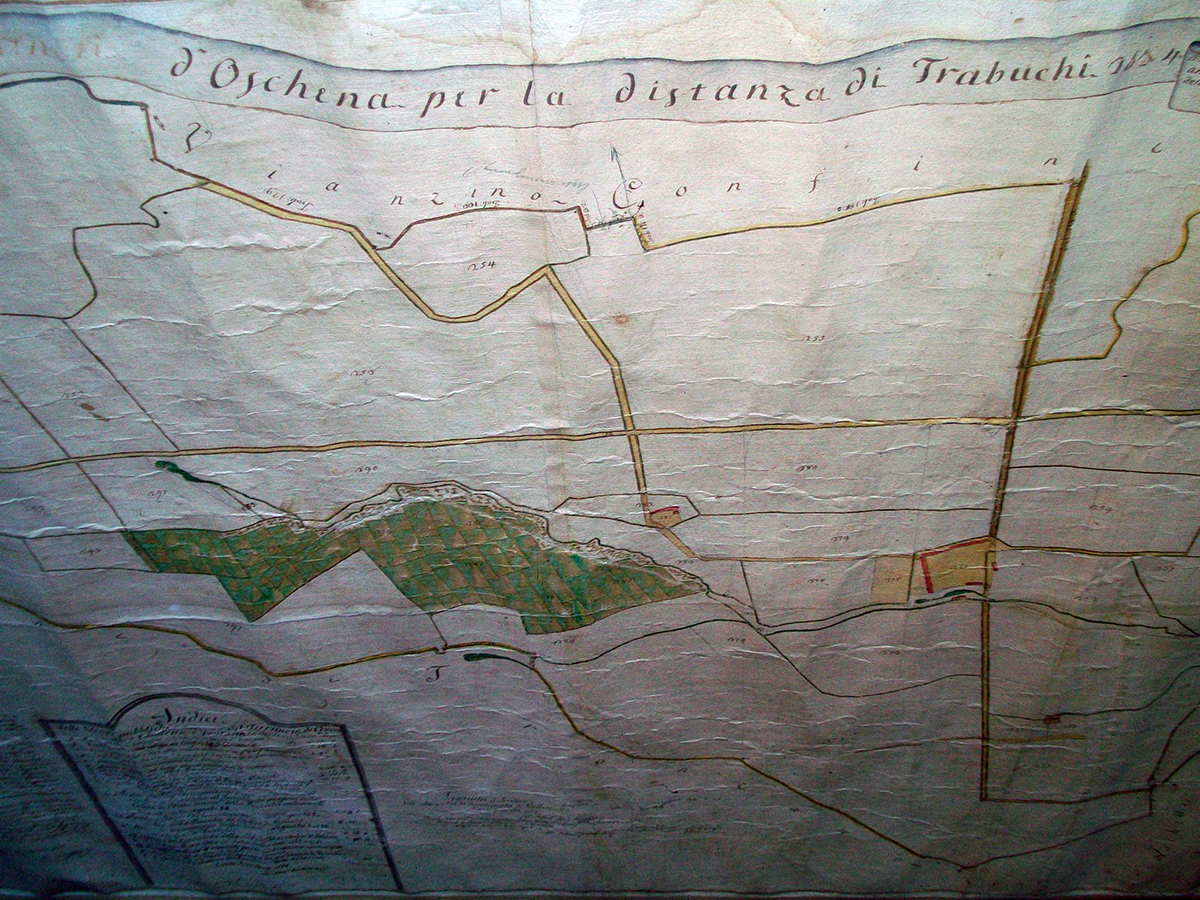
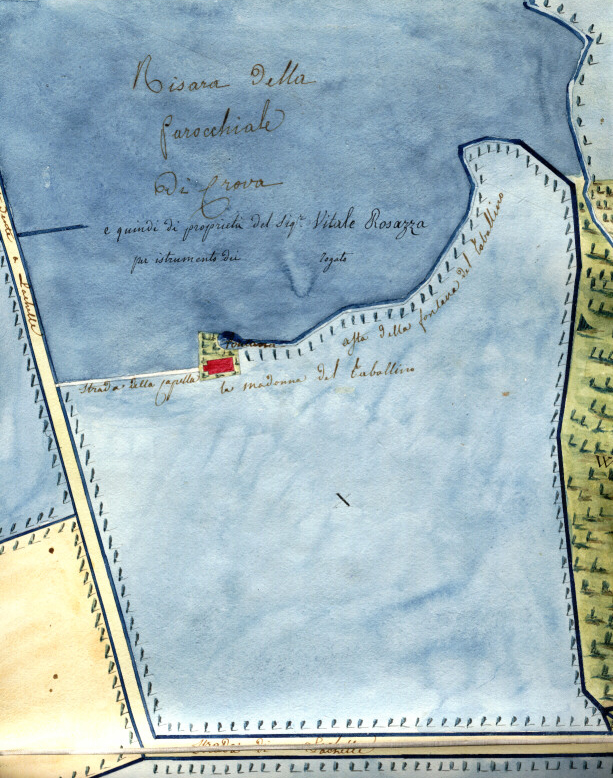
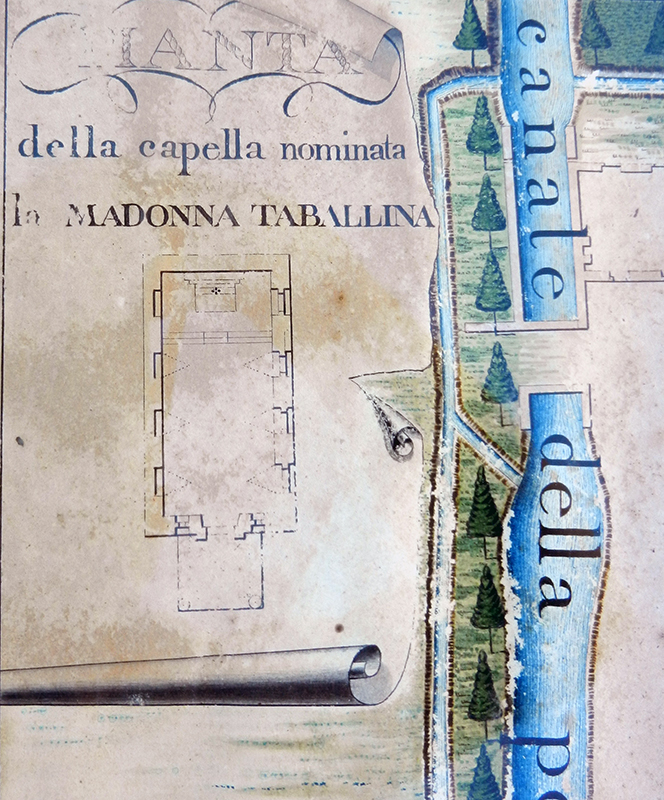
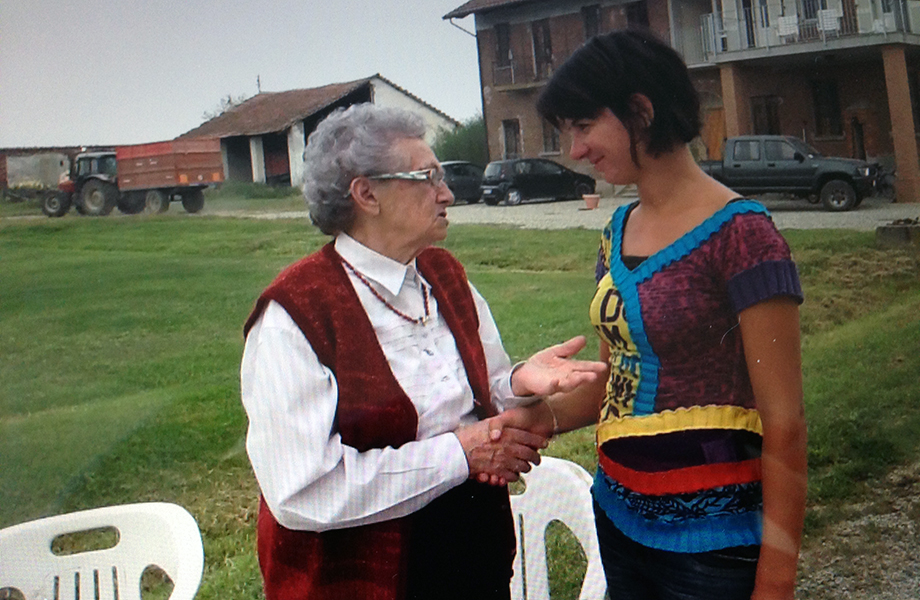
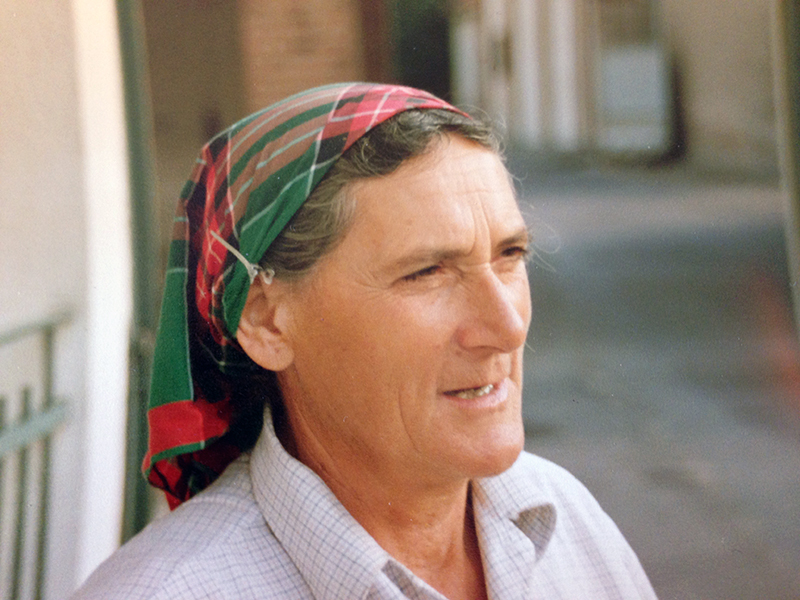
Strada Oschiena-Tabalino 13040, Crova Vercelli